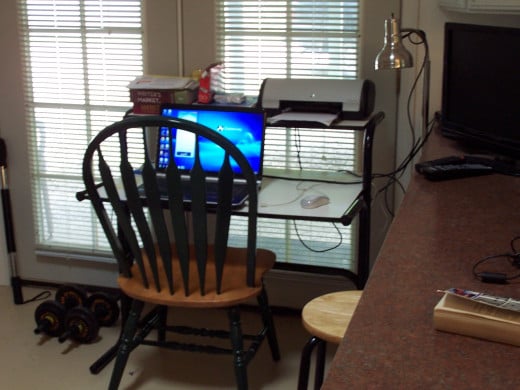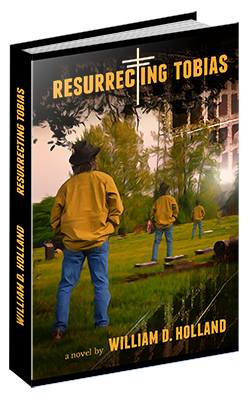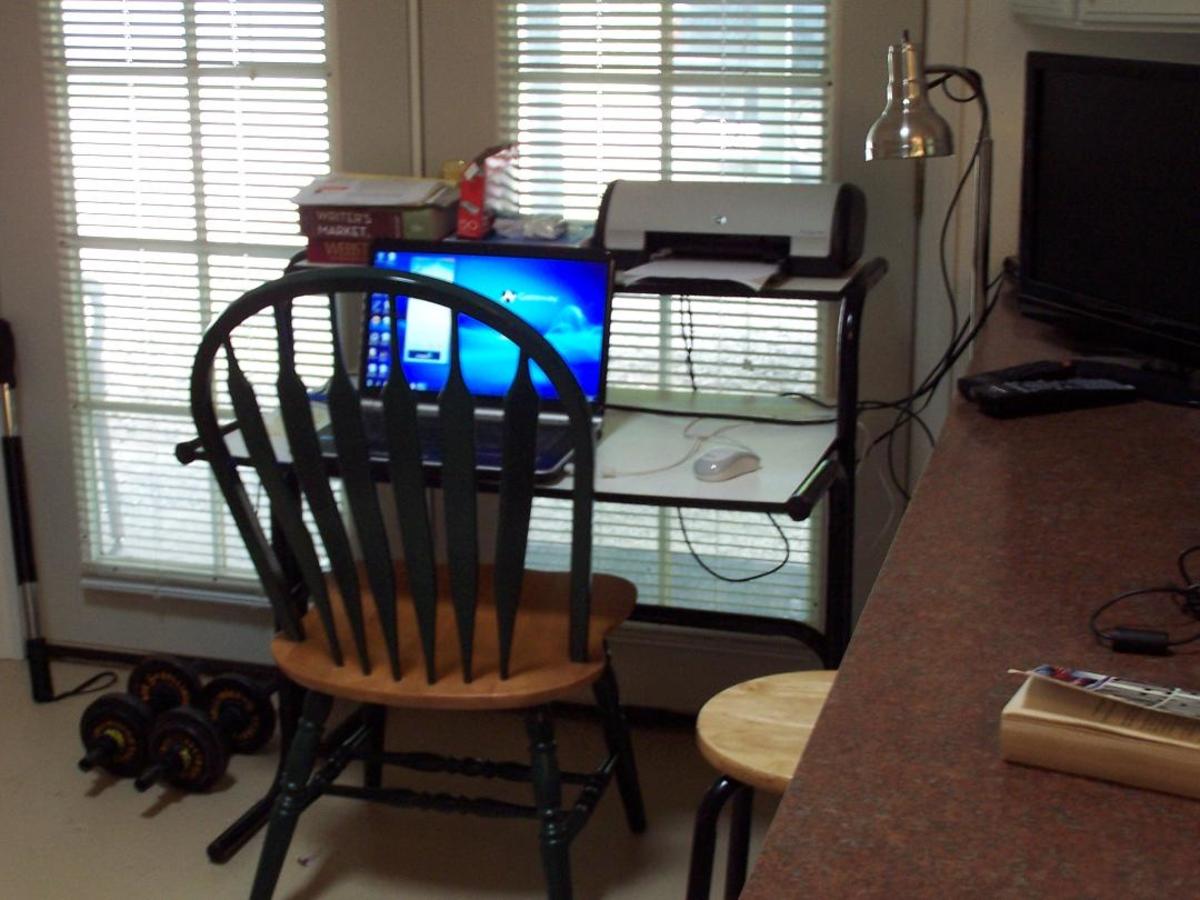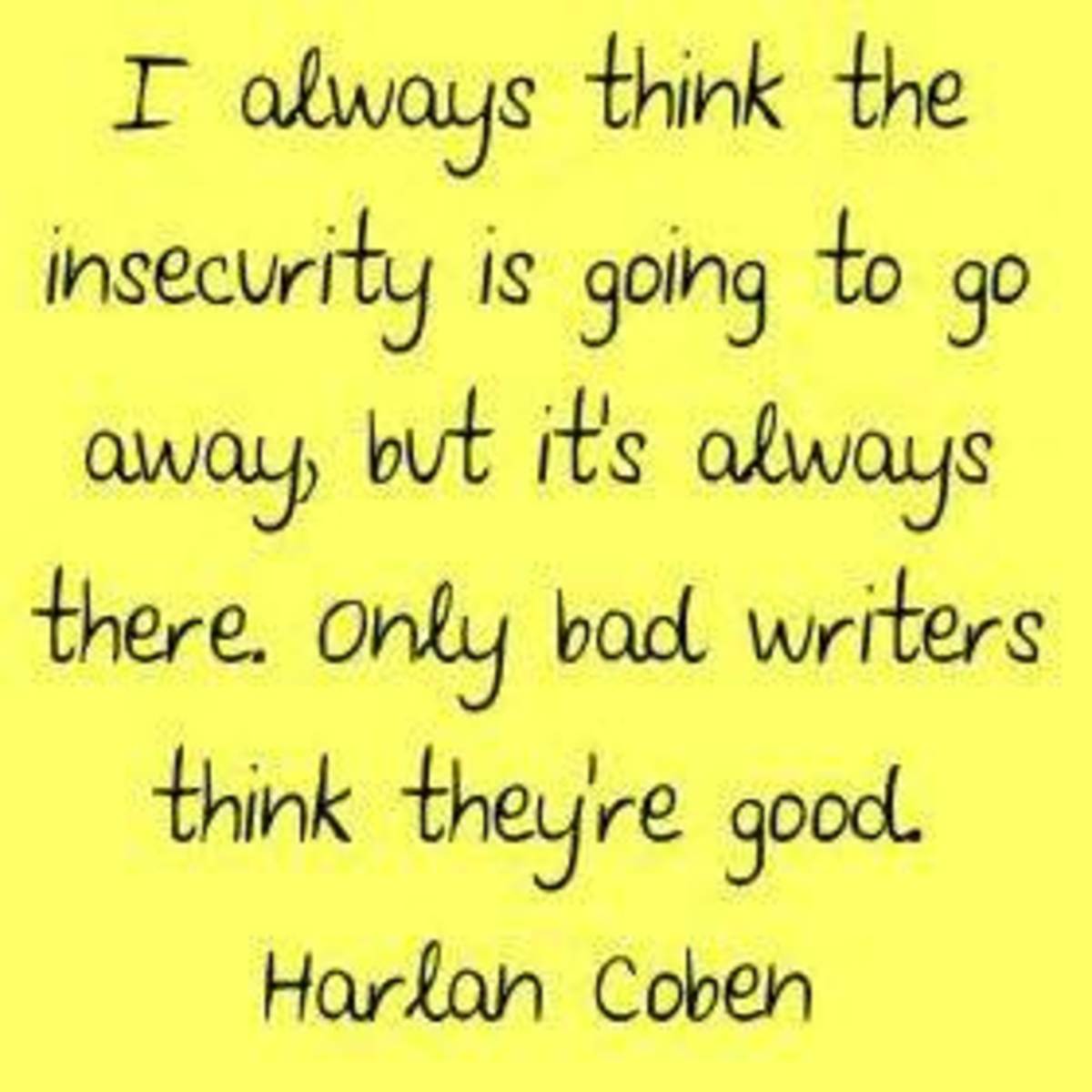The Writer's Mailbag: Installment Fifty-One
I’m Baaaaaaaaack!
Just like Jack Nicholson, you can’t get rid of me. What was that old saying…you can’t get rid of a bad penny….well here I am again, invading your space with more questions and answers. One more week and we’ll make one year with this series, so keep those questions coming for at least one more week, please.
We have a full mailbag today so let’s get started with a question from DJ.

Change in Time
From DJ: “This may seem an odd question. But, through my reading, it is not always clear
when a new chapter should begin. One non-fiction book that I read had only a
couple of pages per chapter.
I understand that a new chapter should be started if there is a major change in
the story line. Much of my story is being told by a present day person who is
remembering back to childhood. Her memories open the scene into another
person’s life. However, her memories are not very long before the memory
changes over to the upcoming scene.
I feel that her spoken words should be separate to make the reader aware that
she is remember. Right now, I’m using *********** before and after her dialogue.
In “Resurrecting Tobias” you used years to designate a change in time and a
definitive clue that the character or something major was about to take place.
Any better ways to distinguish a back and forth time line?”
There seems to be two questions here, DJ. One about chapter endings and one about time line designations. Writer’s Digest suggests a couple strategies with regards to new chapters. One suggestion is to begin a new chapter when there is a shift in the story, or a change in place. This is the method I use. The other theory is to start a new chapter when you plan on introducing a spark….this is primarily to dangle a carrot to keep your reader interested enough to move forward and read more.
As for the time line question, I’m all for the obvious, and that’s why I put the date at the head of every chapter in “Tobias.” My book bounced back and forth so much that I felt it was necessary, for clarity, to just tell the reader what time they were reading about. For some writers, I have seen italics used to designate a different time, but if you do that you can only use italics for a time shift and for no other reason.
Anyway, great question and I hope I’ve helped.

Writing a Series
From Lizzy: “Oh, groan! Here it is Monday, and I've only just thought of a new question, so now I'll have to wait a week, chomping at the bit for time to pass and find the answer. LOL
This time, I want to know how you know, or if and when, that a book work in progress is a single book, or is going to turn into a series?
Do you have that planned before you start to write, or does the book dictate that as you move along?”
Lizzy, I just love this question. This asks about something that writers do almost instinctually and never really think about. I know that’s true for me.
I had to think about some of the classics before I answered this. In truth, just about any novel written could be a series. “To Kill A Mockingbird” could have easily been a series if Lee had chosen to do so. It seems to me that she made a conscious decision not to do so for whatever reason. When I wrote “Tobias” I knew it would be one and done. Why? I don’t know. It was just a feeling. On the other end of the spectrum, when I wrote “Shadows Kill” I knew when I started it that I wanted it to be a “Shadows” series, so the one I’m working on now is “Shadows Over Innocence,” and I have the third in the series already planned. Why? I don’t have a clue. It just feels right for that book and those characters.
I have great followers who ask great questions!

DISCOURAGED
From Carol: “I was feeling discouraged today about where I am going with my book...and I am sure many often feel this way. Any ideas from you to keep the spirit and writing going when things are not happening the way we want. I may have some ideas here but I would love to know what you do.”
That’s a tough one, Carol. I can tell you what has saved my bacon, so to speak: I surrounded myself with encouraging and supportive people. Bev will not let me give up. She is my cattle prod. She believes in me and she is the one who lifts me up when I feel like I’m wasting my time on this quest. The same can be said for those of you online who support me. When I’m feeling down, a positive comment from one of you lifts me back up.
This is not an easy gig. By definition, writers are solitary creatures who work alone and in anonymity. It is tough on the psyche on the best of days. For me, I have to have support from an outside source.
Misbehaving Characters
From Linda: “Do you ever have a character that just won't do what you want him or her to do? I have a minor character (supposed to be, anyway) that wants to take center stage, and it makes it hard to write the story I planned.”
Well hell, Linda, just kill them off and be done with them! LOL
Maybe your muse is speaking to you and you’re not listening. Maybe your muse is suggesting that the character you are talking about deserves a bit more attention and more center stage in the book. Or maybe I’m just full of it and don’t know what I’m talking about. J

Character Voice
From Zulma: “Nadine's question struck a chord with me. How exactly does one maintain the character's voice without your own slipping in? I suppose you can research the slang/colloquialism of the time, but how do you make it sound authentic? By that I mean how do you make it seem like your character really talks that way and not just the author crow-barring in some words to make him sound real. I know this seems convoluted but I don't know how to make my meaning clearer. Hope you understand what I'm getting at.”
I do understand your question, Zulma, and the answer is not an easy one. This is one of the toughest things to do in writing a novel; at least for me that’s true.
The more I read the more I’m convinced that this really isn’t necessary all the time. I’m reading a novel right now by Lawrence Block, one of the best mystery writers of all-time, and his characters all sound the same. It doesn’t detract from the book at all. Then there are other authors like James Lee Burke, whom I worship, and his characters are very distinctive in voice.
How do you keep your voice from slipping in? I think that’s nearly impossible. At some point in time, at least one of your characters is going to have your voice, or at least be greatly influenced by your voice. I don’t see how to avoid that.
In the book I’m working on now, I have basically four main characters. I have tried to give each a slightly different speech pattern to distinguish between them, but it is a very slight difference. On the other hand, I have two antagonists in this book who are Russian, and I have to constantly battle myself to give them a Russian pattern to their speech.
To sum it all up, I think dialogue is the toughest part of writing a novel, for the reasons you mentioned.
EDITING
From Linda: “Now the question: Do you edit as you go, or do you wait until the writing is done to start your editing?”
Linda, I do not edit at all my first time through the novel. I don’t want to interrupt the creative flow of the story. After my first draft, my second draft begins, and the purpose of that draft is to add depth to characters and scenes. After those two drafts are finished I will then begin editing. Again, though, that’s just what works for me, and I know many writers who are more comfortable editing as they go.
REVIEWS
From Faith: “Hey ...dumb question about the great reviews on the back of published novels by other well known authors/persons: Please excuse my ignorance on this, but are novels that are soon to be published sent out to an audience of peers for preview? How early would that process have to take place before the date of publication? I am just curious as it stands to reason the pre-published book must be sent out, but is it sent out by the publisher or the agent and do you know how they choose who will read it in advance? Well, I went over the one question LOL Sorry.”
Faith, it’s not a dumb question at all. It was such a good question that I had to do some research to find out. I actually sent an email to an agent who has a blog I follow….Janet Reid. She tells me that this process starts a year before the book is published. The manuscript is sent to a select group of published authors who then give reviews for the back book cover. Few are paid to do this; instead, it is a barter system. They do it for free and then when they write a book, other writers reciprocate with reviews.
See, not a dumb question at all. Oh, to finish the answer, usually the publisher is the one who chooses which authors will give reviews.
And That’s All for This Week
Next week I’ll return with the One Year Anniversary of this series. I’m excited for that and I hope you are as well. Thanks to all of you who have kept this series alive for an entire year. It’s been a blast.
2015 William D. Holland (aka billybuc)
“Helping writers to spread their wings and fly.”










